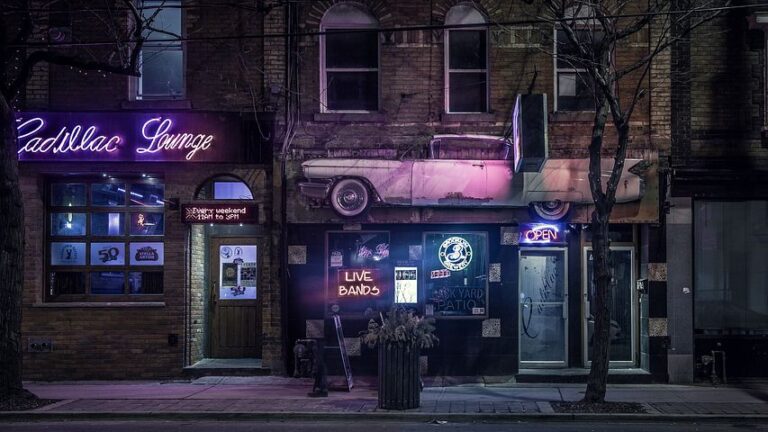
Pittsburgh or Penang
There are strangers who look at you like they know you
and the smell of a bar on a cold night is always the same
whether in Pittsburgh or Penang,
where we search for something to matter,
the faces we can trust until morning.
City streets at three in the morning are identical,
their shadowy passageways and slick pavement
advising caution.
You wander,
in search of the secret of those
who feel at home in the world,
marvelling at the ease of the small talker at a cocktail party,
who strides into the very middle of a room,
not just looking like he belongs,
but entirely convinced that he does.
~~ Tricia McCallum

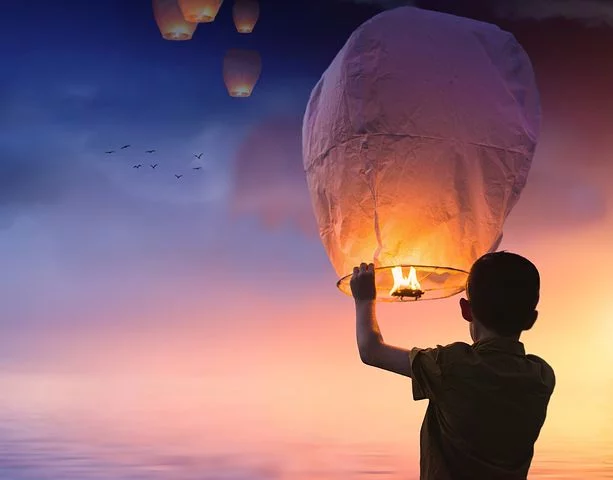



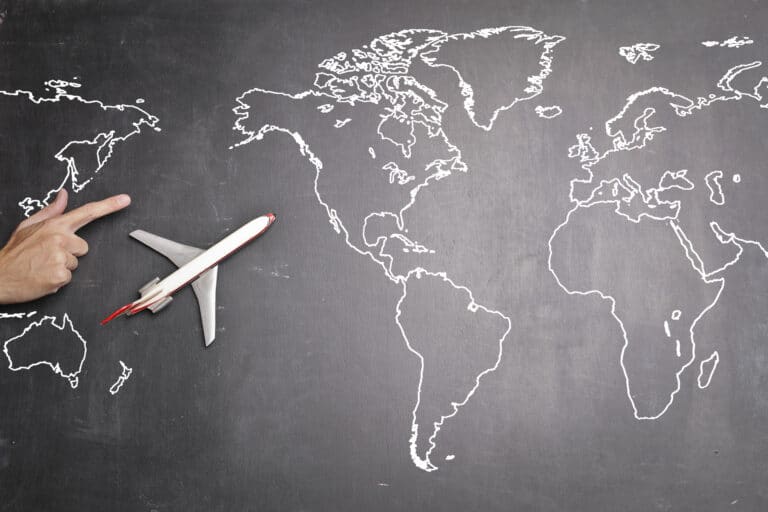
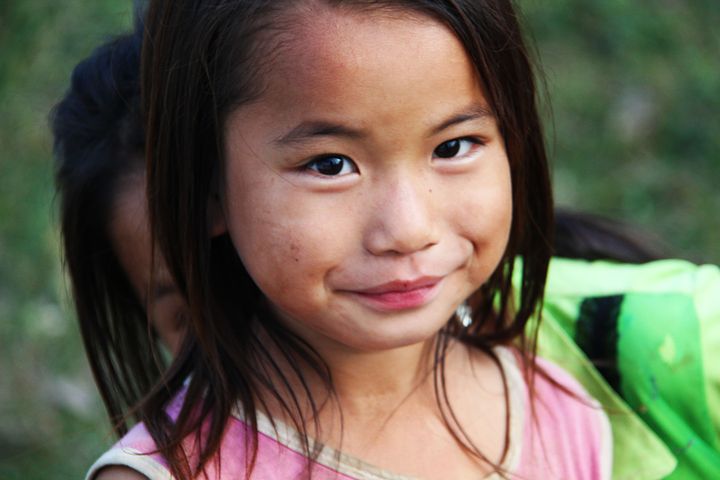

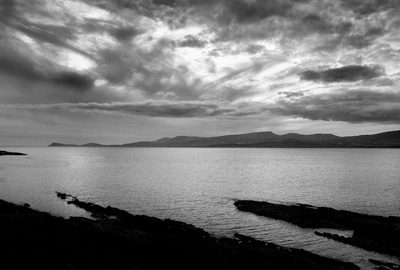


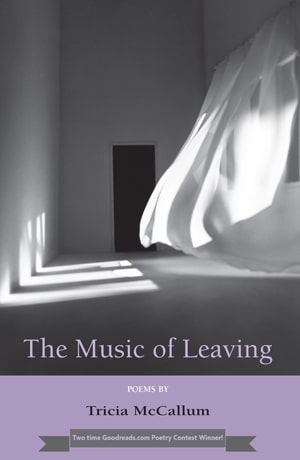






Thanks for sharing